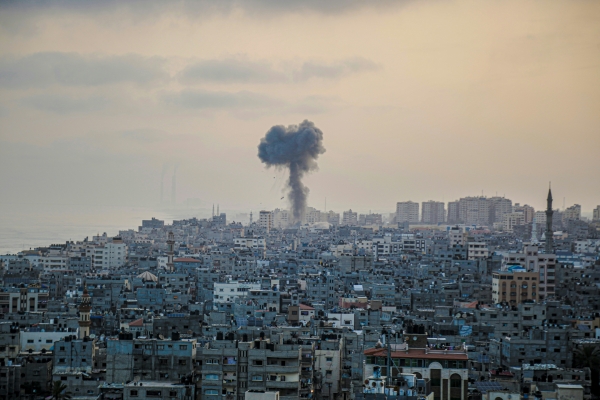In July 2024, the Palestinian territory Education Cluster (EC) released the fifth update of its report on the damage to schools in Gaza. Collaborating with key partners, including the United Nations Office for the Coordination of Humanitarian Affairs (UNOCHA) and the United Nations Relief and Works Agency for Palestine Refugees in the Near East (UNRWA), the EC established an Education Cluster Assessment Team (ECAT) to verify the extent of the destruction. This thorough analysis was conducted using a Satellite-delivered Damage Assessment.
The primary goal of the assessment was to gather accurate data on the impact of the conflict on school facilities and to allocate resources accordingly. This information was crucial for updating the Flash Appeal, a component of the broader Cluster Response Plan. The analysis relied on environmental mapping supported by ArcGIS Pro and Python Script, with UNOSAT satellite imagery as the main data source. The damage was classified into several categories:
- Direct hit: At least one school was directly struck, with another also damaged.
- Damaged: Damage occurred within 30 meters of at least one school.
- Likely damaged: Damage occurred within 30-70 meters of at least one school.
- Possibly damaged: Damage occurred within 70-100 meters of at least one school.
- Unknown: No recorded damage within 100 meters of the school.
The updated satellite imagery from July 2024 revealed alarming figures:
- out of 280,227 building footprints in the Gaza Strip,
- 46,223 were destroyed,
- 18,478 severely damaged,
- 55,954 moderately damaged,
- 30,596 possibly damaged.
In total, 151,265 buildings, representing 60% of all structures in Gaza, were affected.
When focusing on the education system, the numbers are equally staggering.
- Out of 815 schools in the Strip,
- 344 were directly hit - 65 of which were completely and 43 partially destroyed
- 133 damaged
- 47 likely damaged
- 18 possibly damaged
- 22 with conditions unknown.
This brings the total number of affected schools to 564.
The report also highlights the regional disparities, noting that North Gaza was the most heavily targeted, with nearly all schools affected. Alarmingly, the analysis also points to a significant increase in attacks on UNRWA schools - UN-run buildings - with 156 schools damaged since 7 October 2023.The assessment underscores the critical level of damage to educational facilities, with 92.2% affected.
In response, the EC is urgently calling on all parties to cease fire and to halt attacks on educational buildings, in accordance with international humanitarian law. The EC also urges education service providers to resume activities as soon as the conflict ends and to rethink learning approaches. Finally, the EC calls on donors to not only recognize the extent of the damage and advocate for a ceasefire but also to mobilize funds for recovery efforts.
To read more, please visit:





